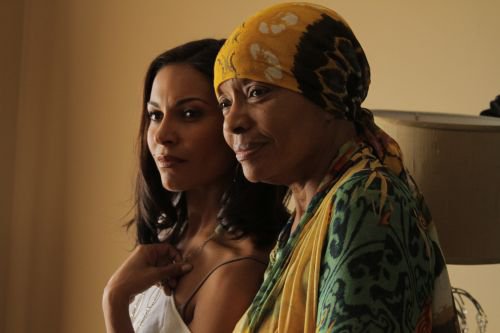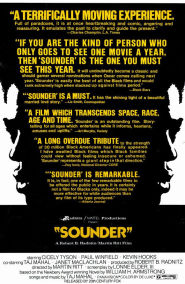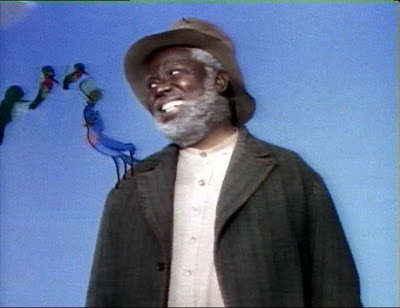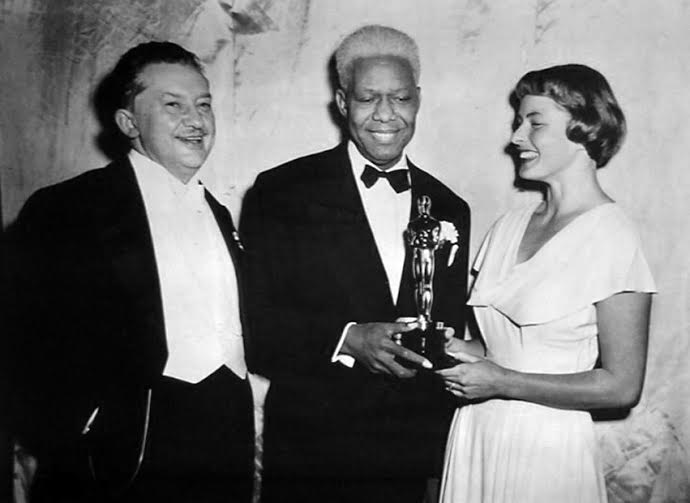Anne Marie of "A Year With Kate" fame returning to TFE with a new series!
 Welcome to Women’s Pictures, a new series dedicated to celebrating female directors. From the matriarchal melodramas of the 50s (from which this series draws its name), to the 90s chick flicks, to the surprisingly durable stereotype that female filmmakers aren’t mainstream enough for “big” pictures, films for women or by women continue to be ignored or maligned. To this I say: Screw that! Women directors are as varied and interesting as the many movies they make.
Welcome to Women’s Pictures, a new series dedicated to celebrating female directors. From the matriarchal melodramas of the 50s (from which this series draws its name), to the 90s chick flicks, to the surprisingly durable stereotype that female filmmakers aren’t mainstream enough for “big” pictures, films for women or by women continue to be ignored or maligned. To this I say: Screw that! Women directors are as varied and interesting as the many movies they make.
Each month, we will examine four(ish) movies by a female director in chronological order. All genres, time periods, creeds, colors, and languages are open for examination. We’ll meet auteurs we might have missed, shine a light on corners of cinema previously obscured, and maybe even redefine what “Women’s Pictures” means.
This month, in honor of Black History Month, Selma’s two Academy Award nominations, and the recent happy announcement of a new TV series, our first female filmmaker is Ava DuVernay! (You may recall that Nathaniel met her at AFI Fest this year. She'd been up for 48 hours editing Selma, but still managed to be gracious and charming.) Her story (self-starter-publicist-turned-self-starter-director) is by this point well known, even if the two feature-length narratives she made before Selma were only recently made available VOD. Before Oprah, Oscars, or a seven figure budget, DuVernay made her first film, I Will Follow, in 2010 for $50,000.
So, what kind of a first film is a former publicist going to make? A very personal one...

Click to read more ...
 Tuesday, February 17, 2015 at 7:01PM
Tuesday, February 17, 2015 at 7:01PM 







